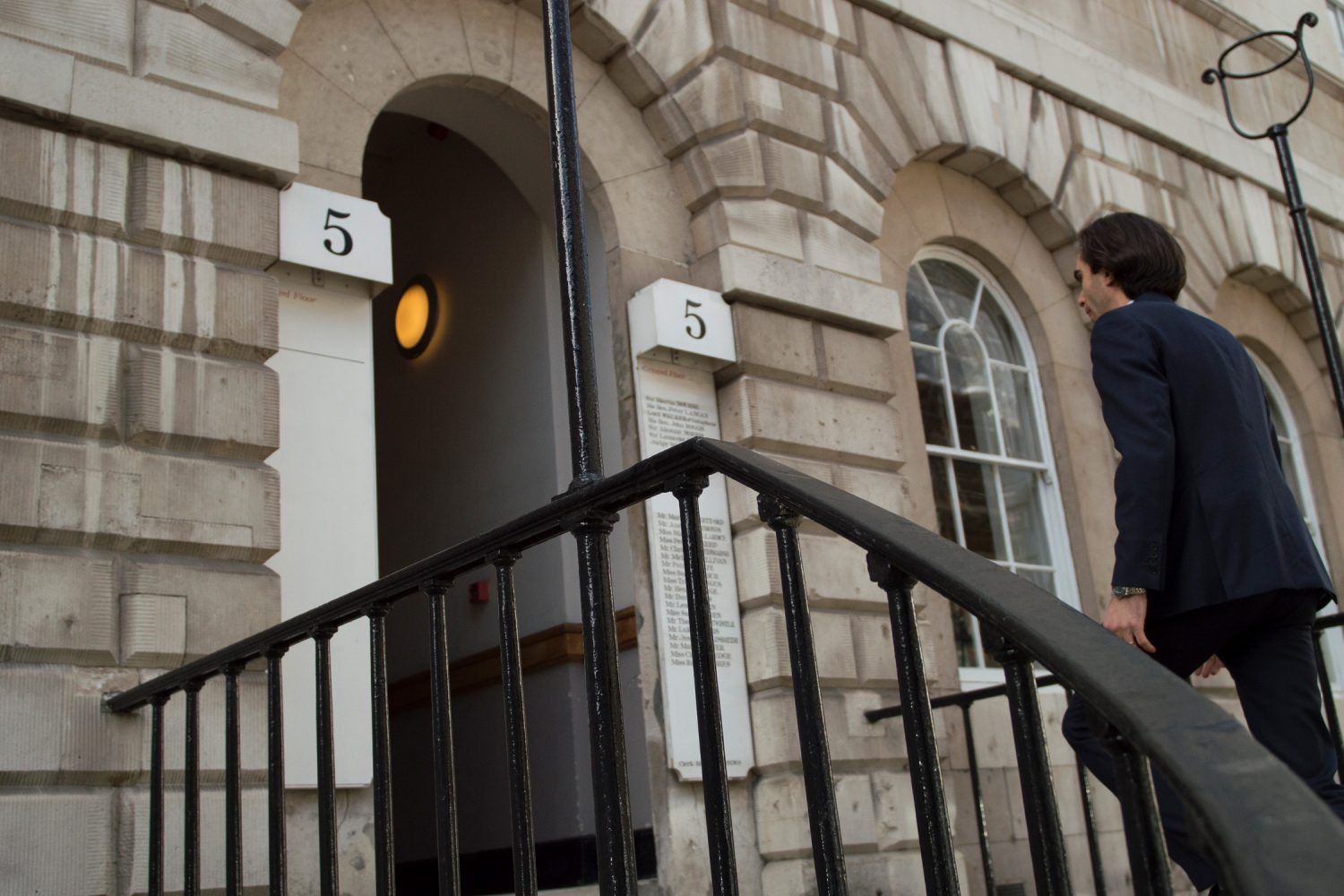Penelope Reed QC and Jordan Holland successful in the Court of Appeal
The Court of Appeal has dismissed the appeal in the case of Watts v Watts. Jordan Holland had represented the Christine Watts at first instance, where he succeeded in establishing that the purported last will of Christine and Gary’s mother was a forgery. Gary Watts was granted permission to appeal solely on the basis of his allegation that the trial judge should have recused herself on the basis of apparent bias. However, the Court of Appeal dismissed his appeal. Penelope Reed QC and Jordan Holland acted for the successful Respondent.
At trial, counsel acting for Gary Watts had invited the judge to recuse herself on the first day of the trial. This was on the basis that the judge, a deputy high court judge who was still in practice as a barrister, was part of the same legal team as Jordan Holland in another, wholly unrelated case. It was submitted that this gave rise to the appearance of bias. The judge had denied this application and proceeded to hear the case.
The Court of Appeal strongly rejected the suggestion that the judge should have recused herself on the basis of apparent bias. The judge had directed herself according to the correct test; she had asked herself whether a “fair-minded and informed observer” would conclude that there was a “real possibility” of bias. She had concluded that the fair-minded and informed observer would not reach this conclusion in the circumstances of the case.
The Court of Appeal concluded that the notional fair-minded and informed observer would know about the professional standards applicable to practicing members of the Bar. Relationships between members of the Bar were mediated by these professional standards, and accordingly no appearance of bias arose in the circumstances of this case.



